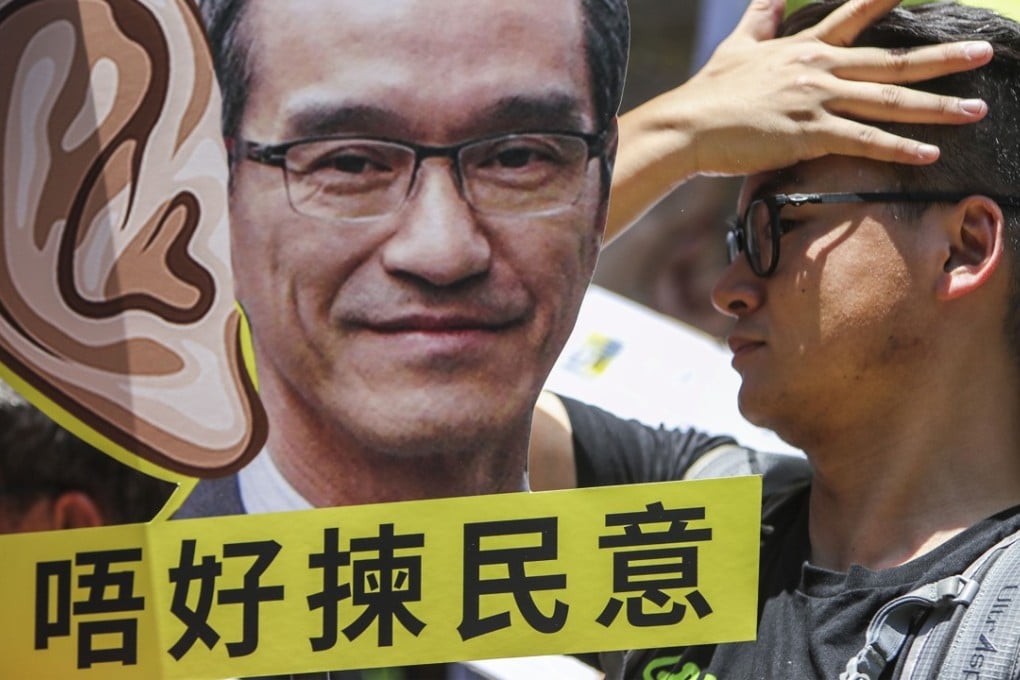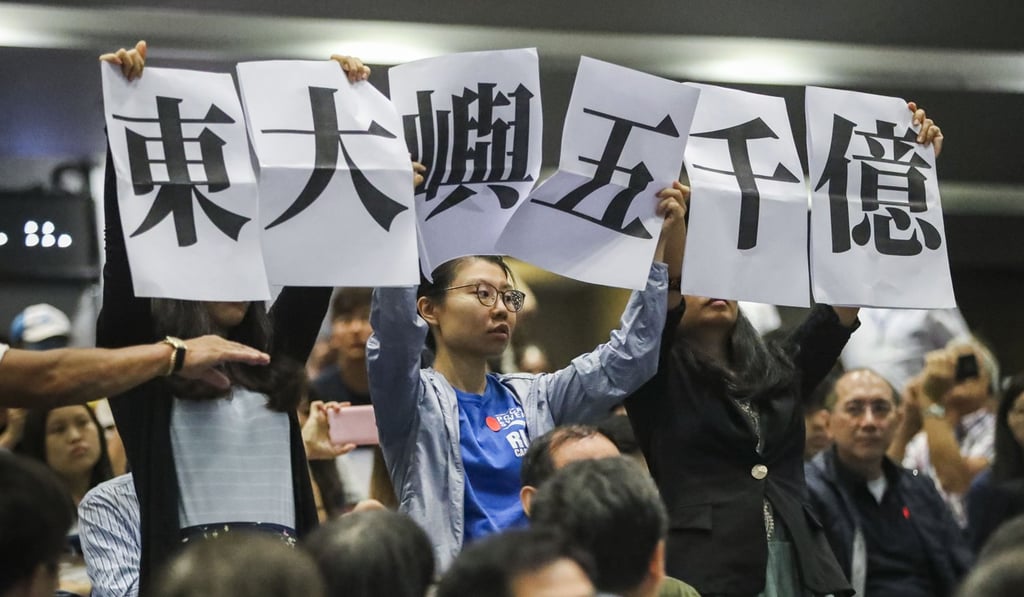Advertisement
The View | In Hong Kong, public consultations are effective – at keeping the public at bay
- Stephen Vines says the recent land supply consultation, which was pre-empted by the chief executive’s reclamation proposal, only deepens people’s cynicism over the government’s intention to engage the public
Reading Time:3 minutes
Why you can trust SCMP

Usually, the Hong Kong government is discreet enough to allow the passage of time before ignoring the outcome of public consultation exercises, assuming they are not among those devised to predetermine their outcome. However, in the case of one of the biggest of these exercises, the consultation on land supply, the chief executive not only pre-empted the publication of its findings but opted for a solution that went way beyond anything proposed in the list of options presented to the public.
Advertisement
So far this year, as was the case last year, consultation exercises have been rolled out at a rate of two per month. Most of the 24 exercises launched this year were on issues affecting business. Some, such as the land supply consultation, were high-profile exercises but most are obscure and attract little attention, the consultation on radio spectrum for 5G mobile services being a case in point.
The Post looked at the 25 consultation exercises launched last year and found that 15 received fewer than 100 responses; two got just two submissions.
Yet the government seems to equate the quantity of exercises with their effectiveness. There is little evidence this is so. The University of Hong Kong’s Peter Cheung looked at this outbreak of public consultations in a 2011 study and found that they were vamped up after the government’s loss of authority in 2003, when its proposed anti-subversion legislation was knocked back. In response, it seems to have concluded that the public needed to be more engaged in policymaking.

Advertisement

Advertisement
